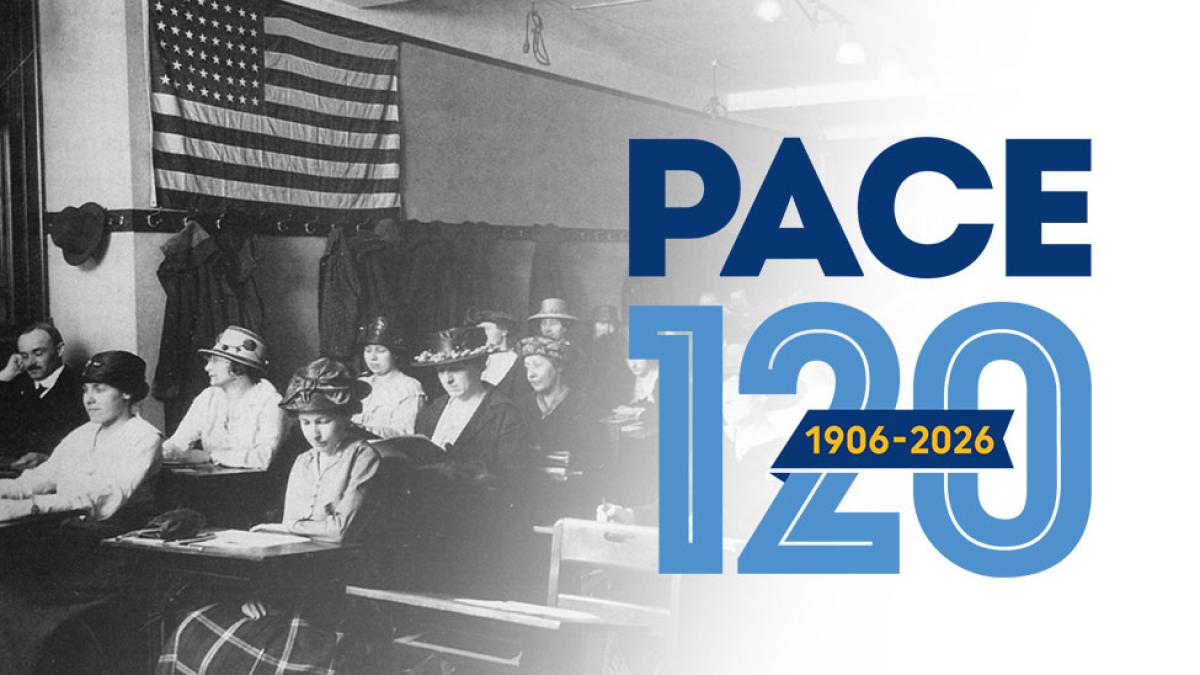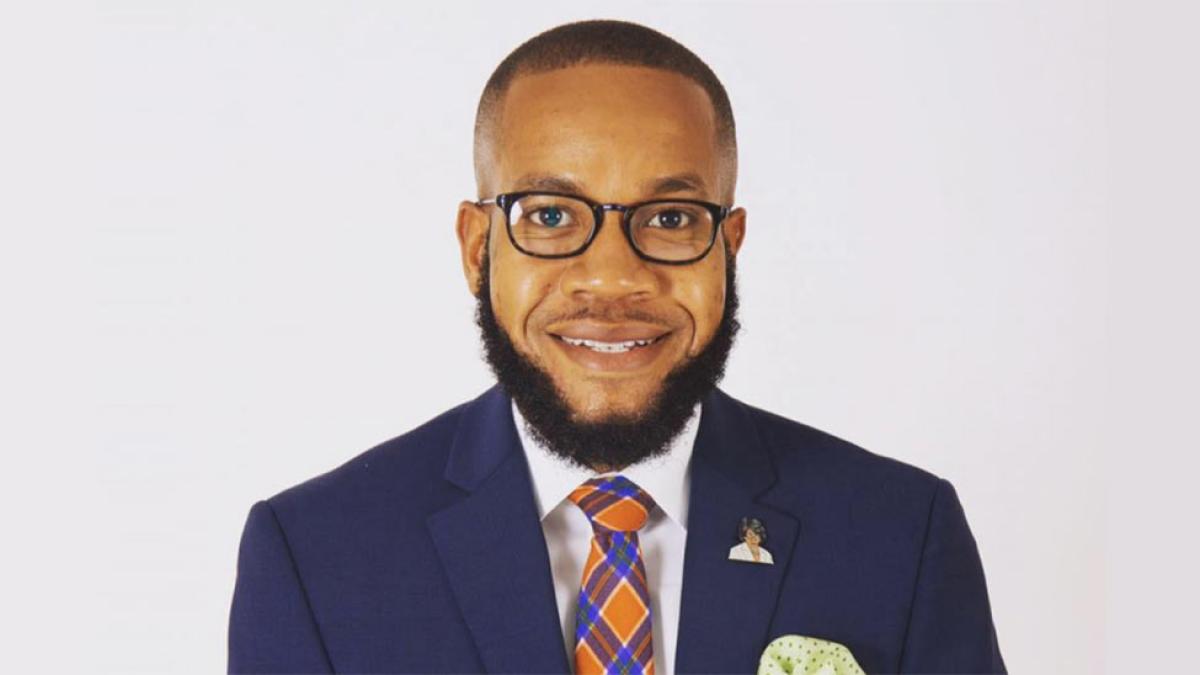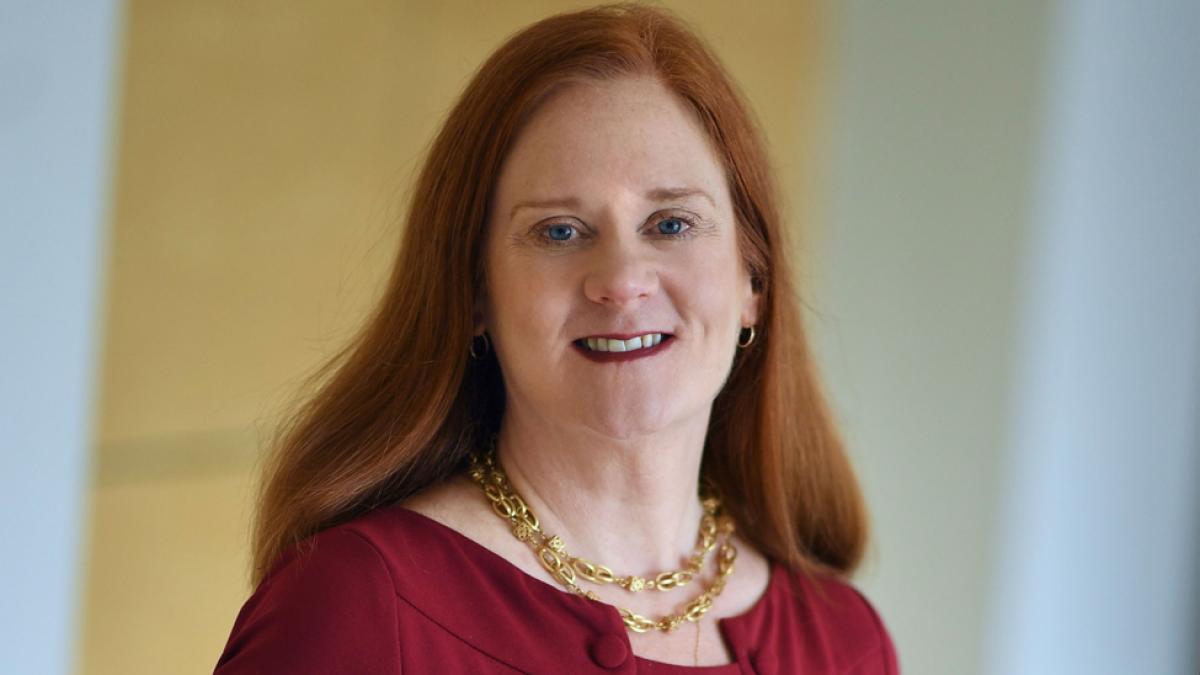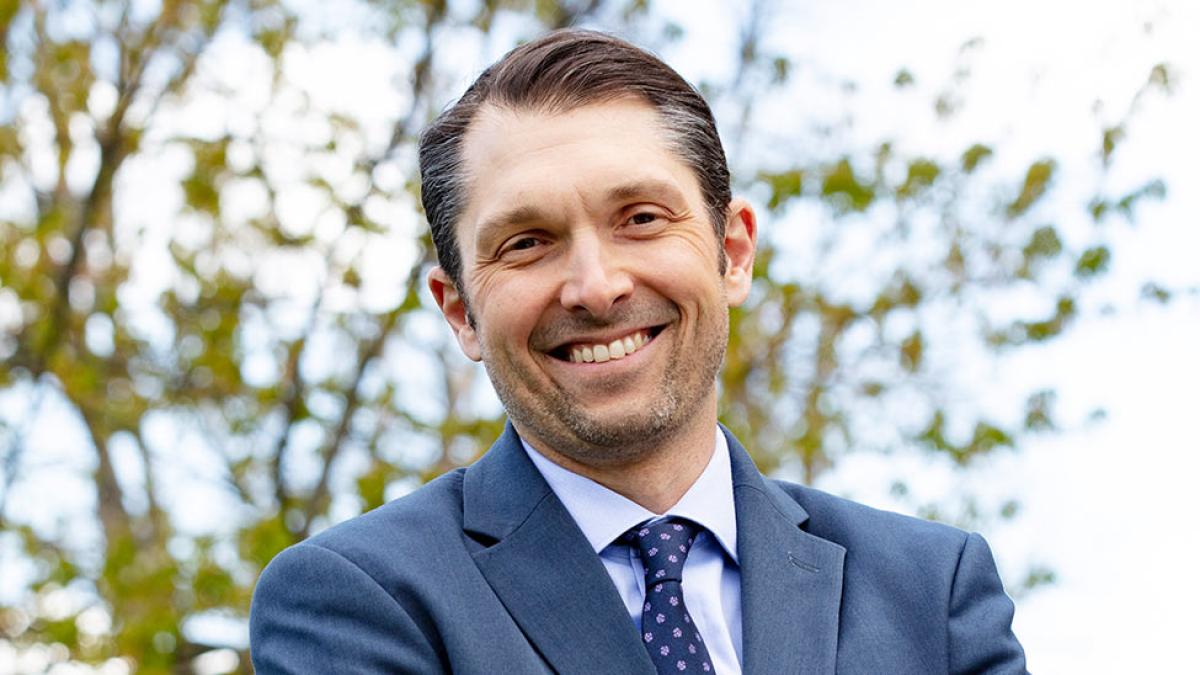Pace University News
Pace Now
Pace News
Latest News
Cruise ships are in constant communication with the lines’ operations departments, said Andrew O. Coggins, a cruise industry analyst and professor of management science at Pace University’s Lubin School of Business. If weather developments are expected to impact a route, they can adjust accordingly.
The Hispanic Advisory Board, under the leadership of Westchester County Executive George Latimer, is proud to announce a new comprehensive survey targeting the Latino community. This initiative is conducted in collaboration with Pace University and marks the first needs assessment of its kind in over two decades.
The Hispanic Advisory Board, under the leadership of Westchester County Executive George Latimer, is proud to announce a new comprehensive survey targeting the Latino community. This initiative is conducted in collaboration with Pace University and marks the first needs assessment of its kind in over two decades.
Pop star Jojo Siwa's perceived lack of authenticity and ignorance of queer history has turned members of the LGBTQ+ community against her, experts say, and for tangible reasons.
Westfair Communications (The Westchester and Fairfield County Business Journals) reports the Elisabeth Haub School of Law has created the Vanessa Merton Immigration Justice Fellowship, a key component of the school’s Immigration Justice Clinic focused on ensuring the legal system’s just treatment of immigrants in the Hudson Valley and local New York Metropolitan region.
Elisabeth Haub School of Law Professor Gershman speaks with ABC News about a federal judge's decision to dismiss Donald Trump's classified documents case.
Commercial Integrator features an article on Pace University’s Seidenberg Cyber Range, which provides hands-on cybersecurity experience students.
Associate Dean of Environmental Law Programs and Strategic Initiatives Jason Czarnezki speaks to USNews.com about considerations for pursuing a career in environmental law.
The Regulatory Review reports on a seminar where scholars assessed the current regulatory landscape of food additives and labeling, referencing Law Professor Margot J. Pollans’ recent article published in the Michigan Law Review.
Lubin Professor Andrew Coggins Jr. provides financial advice to MoneyGeek on selecting a hotel credit card with no annual fee.








